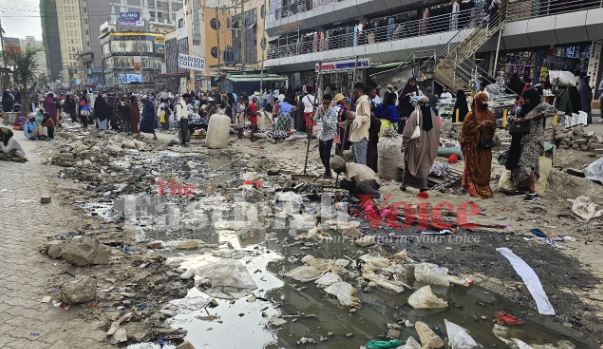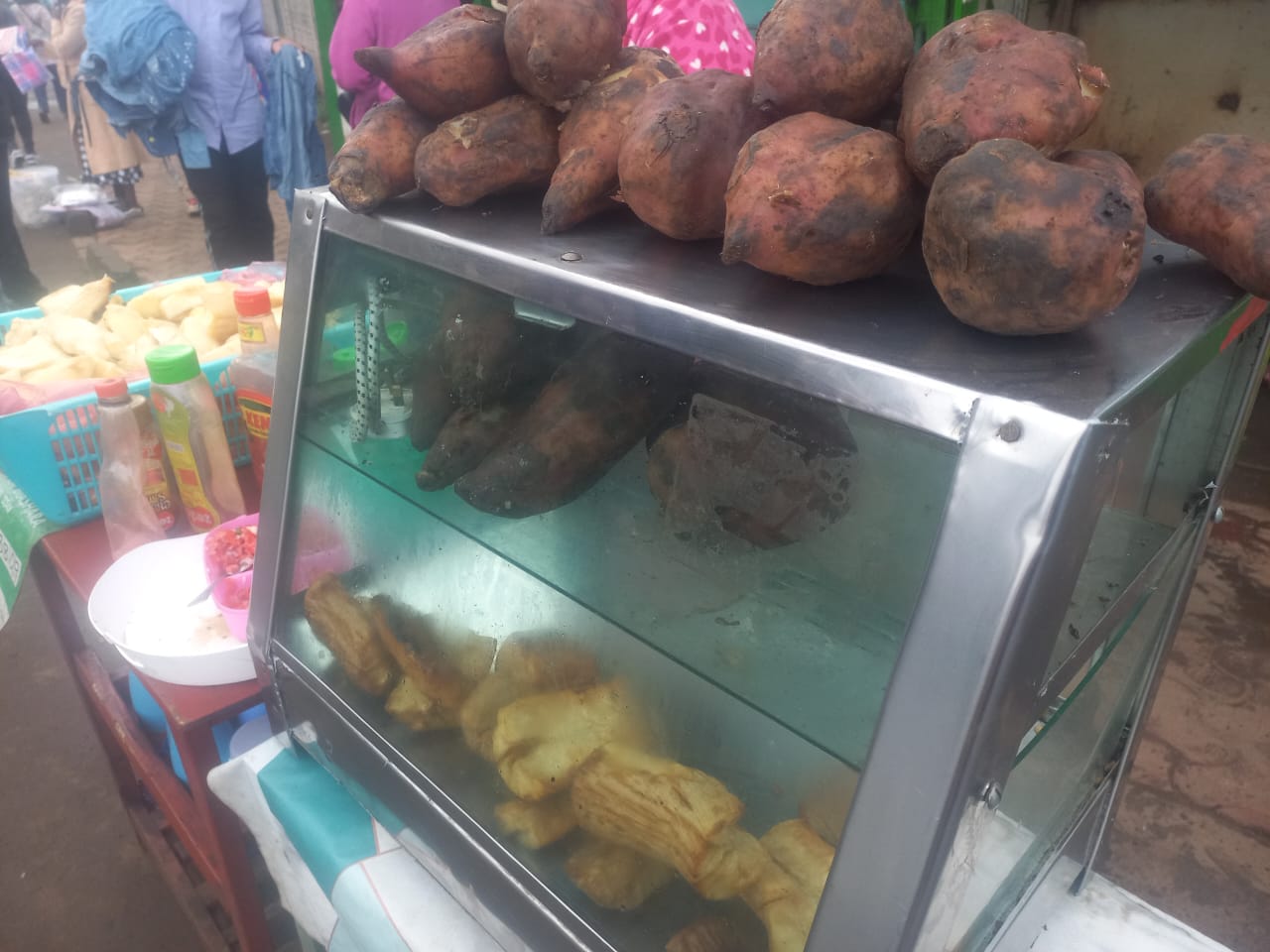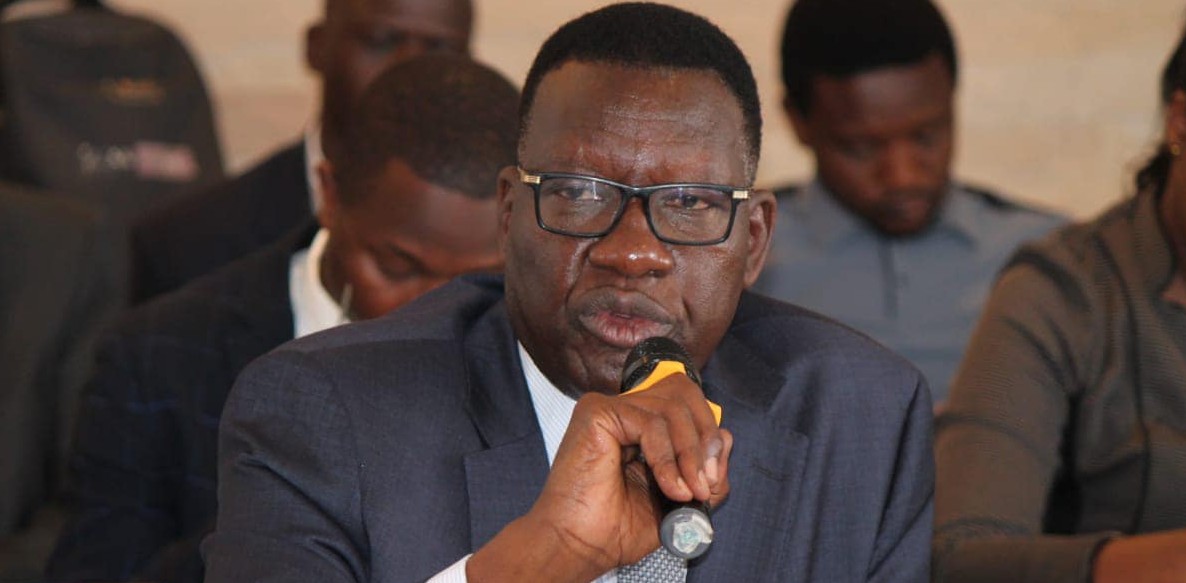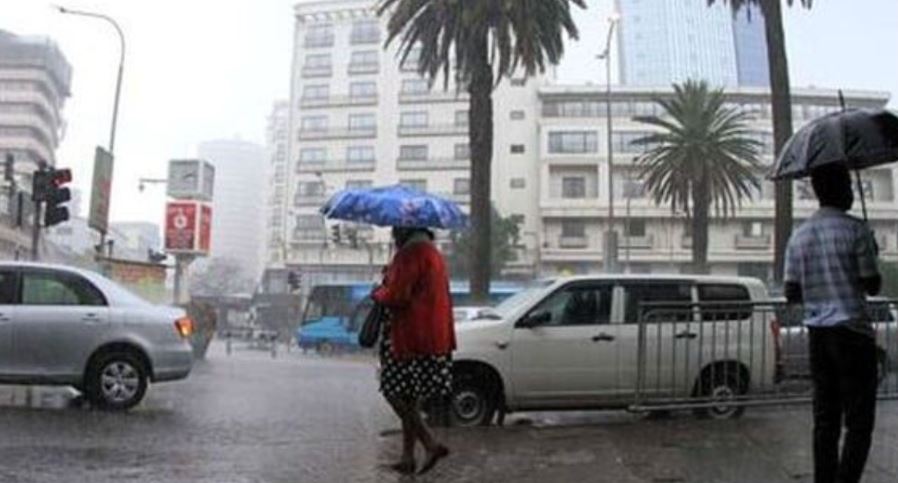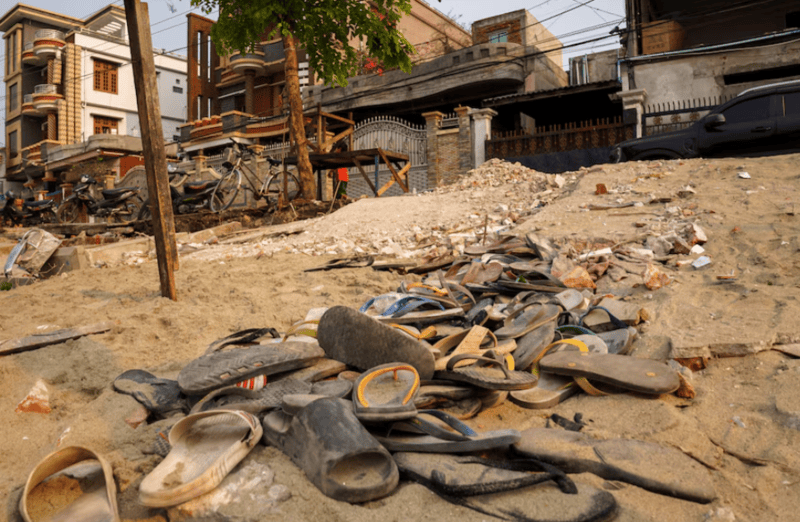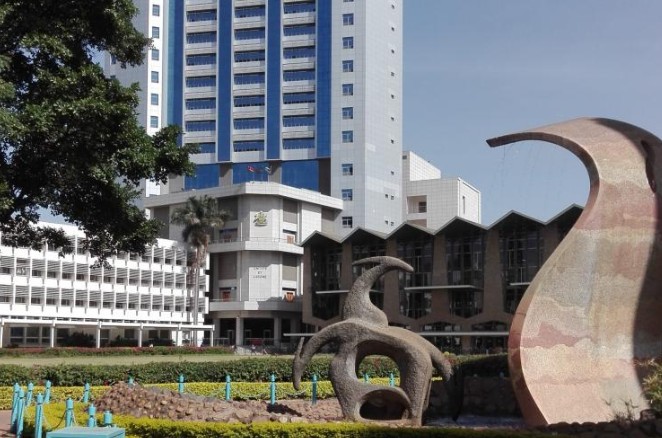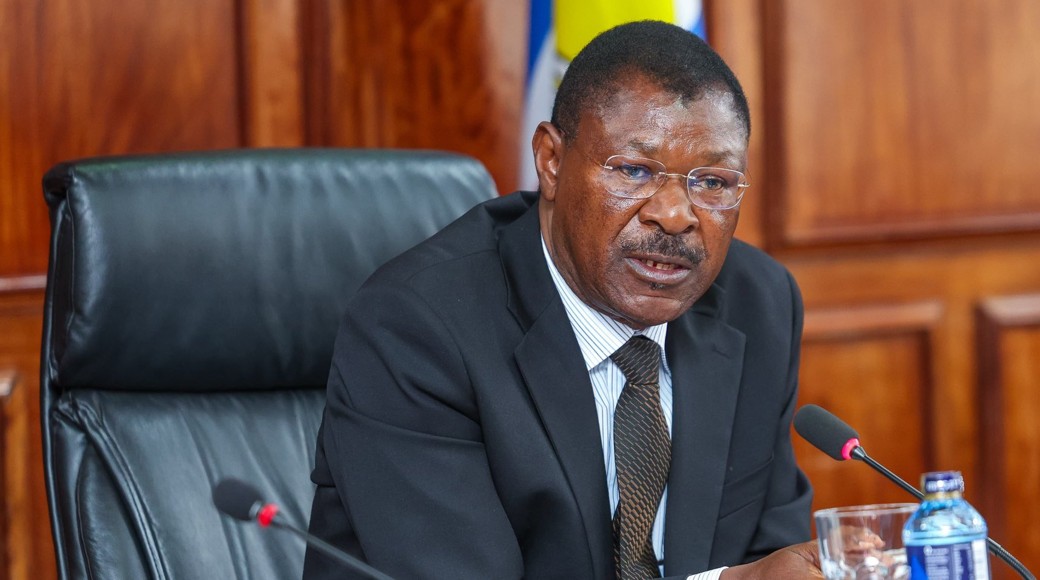Africa marks mine awareness day amidst the ongoing threat of IEDs
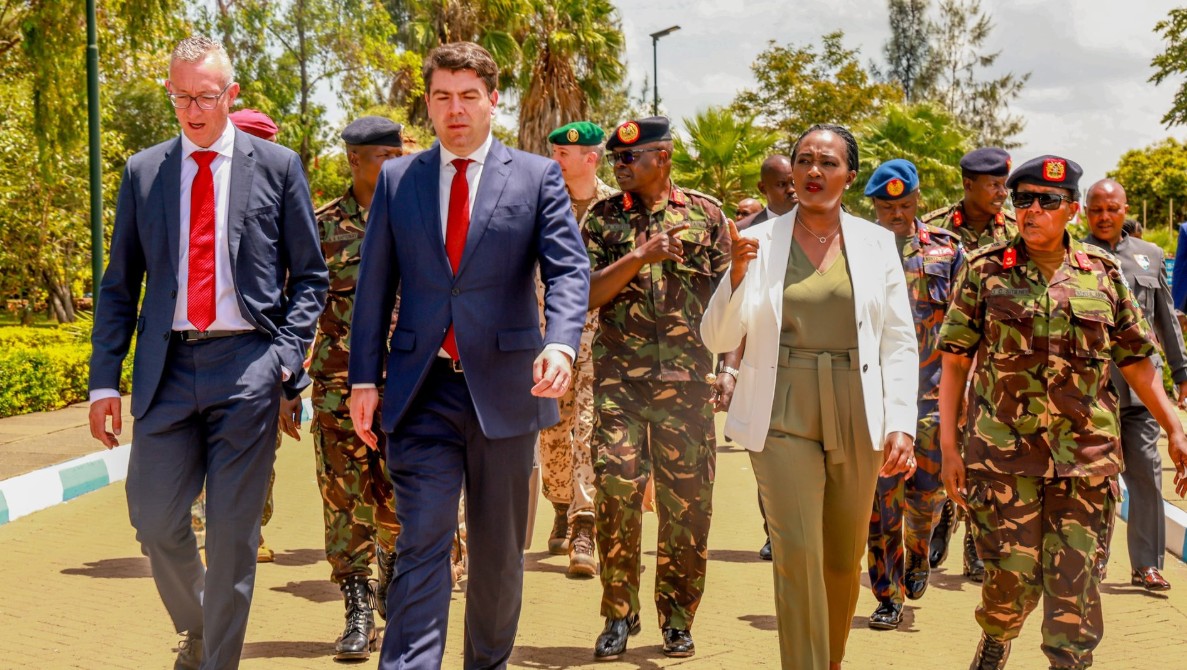
Despite significant efforts and progress over the years, the continent continues to face serious challenges in mine action, including the effects of IED attacks in the areas affected by terror incidents.
African nations join the world today in commemorating the International Day for Mine Awareness and Assistance in Mine Action under the theme “Safe futures start here.”
The day was designated by the United Nations General Assembly to be observed on April 4 to address the threats posed by anti-personnel mines and explosive remnants of war, including improvised explosive devices (IEDs) on the continent.
Despite significant efforts and progress over the years, the continent continues to face serious challenges in mine action, including the effects of IED attacks in the areas affected by terror incidents.
According to the African Union Counter Terrorism Centre (AUCTC), small and light weapons (SALWs) were the weapons of choice for the majority of the terror groups last year, accounting for 72 per cent of the total attacks, followed by IEDs at 21 per cent. A combination of the two accounted for two per cent of the attacks while five per cent were cases of kidnapping.
In Kenya, efforts to curb IED attacks have seen the Kenya Defence Forces establish an ultra-modern Counter-IED Complex in Embakasi to strengthen the country’s counter terrorism capabilities and serve as a regional hub for training and capacity building.
This year marks the final year for member states to meet the deadline set by the 1997 Anti-Personnel Mine Ban Convention (Ottawa Convention) and the 2014 Declaration of State Parties to the Convention on the Prohibition of Anti-Personnel Mines (Maputo Declaration) for a mine-free world.
Antipersonnel mines
Governments that join this treaty must stop the use, stockpiling, production, and transfer of antipersonnel mines immediately. They must destroy all stockpiled antipersonnel mines within four years and clear all antipersonnel mines in mined areas under their jurisdiction or control within 10 years.
In addition, states parties in a position to do so must assist in the care and treatment of landmine survivors, their families, and communities, as well as provide support for mine/ERW risk education programs to help prevent future incidents.
Amani African notes that currently, 93 per cent of AU member states, including all East African member states, are parties to the Convention — the most widely recognised treaty in mine action — which seeks to end the suffering caused by anti-personnel mines.
“The Convention obligates states parties to never use, develop, produce, stockpile or transfer anti-personnel mines and requires them to destroy existing stockpiles, clear mined areas and assist victims,” the Pan-African policy think tank notes.
Other efforts that the continent has adopted as part of the global effort to ban anti-personnel landmines saw the 62nd Ordinary Session of the OAU Council of Ministers adopt Resolution CM/Res 1593 on the ‘UN Convention on Certain Conventional Weapons and Problems Posed by the Proliferation of Anti-Personnel Mines in Africa,’ which, among other things, called for a total ban on anti-personnel landmines and the universalisation of relevant legally binding instruments.
This was followed by the adoption of the Common African Position on Anti-Personnel Mines during the Second Continental Conference of African Experts in September 2004.
On Tuesday of this week, the AU Peace and Security Council (AUPSC) convened a session that called on member states who have not yet wholly eradicated landmines to adhere to the Explosive Weapons in Populated Areas (EWIPA) political declaration adopted in 2022.
It further sought member states to review security policies to address EWIPA challenges.
According to the Land Mine monitor report of 2024, new use of antipersonnel mines by non-state armed groups was recorded in at least 12 states including Colombia, Palestine (Gaza), India, Myanmar, Pakistan, and by groups in or bordering the Sahel region, including in Benin, Burkina Faso, Cameroon, the DRC, Mali, Niger, and Nigeria.
According to the report, Burkina Faso, which is currently leading in terror attacks in the Sahel region, ranked amongst the top 10 countries with the most mine/explosive remnants of war casualties globally in 2023 alongside Ethiopia, Mali, and Nigeria.
Top Stories Today
